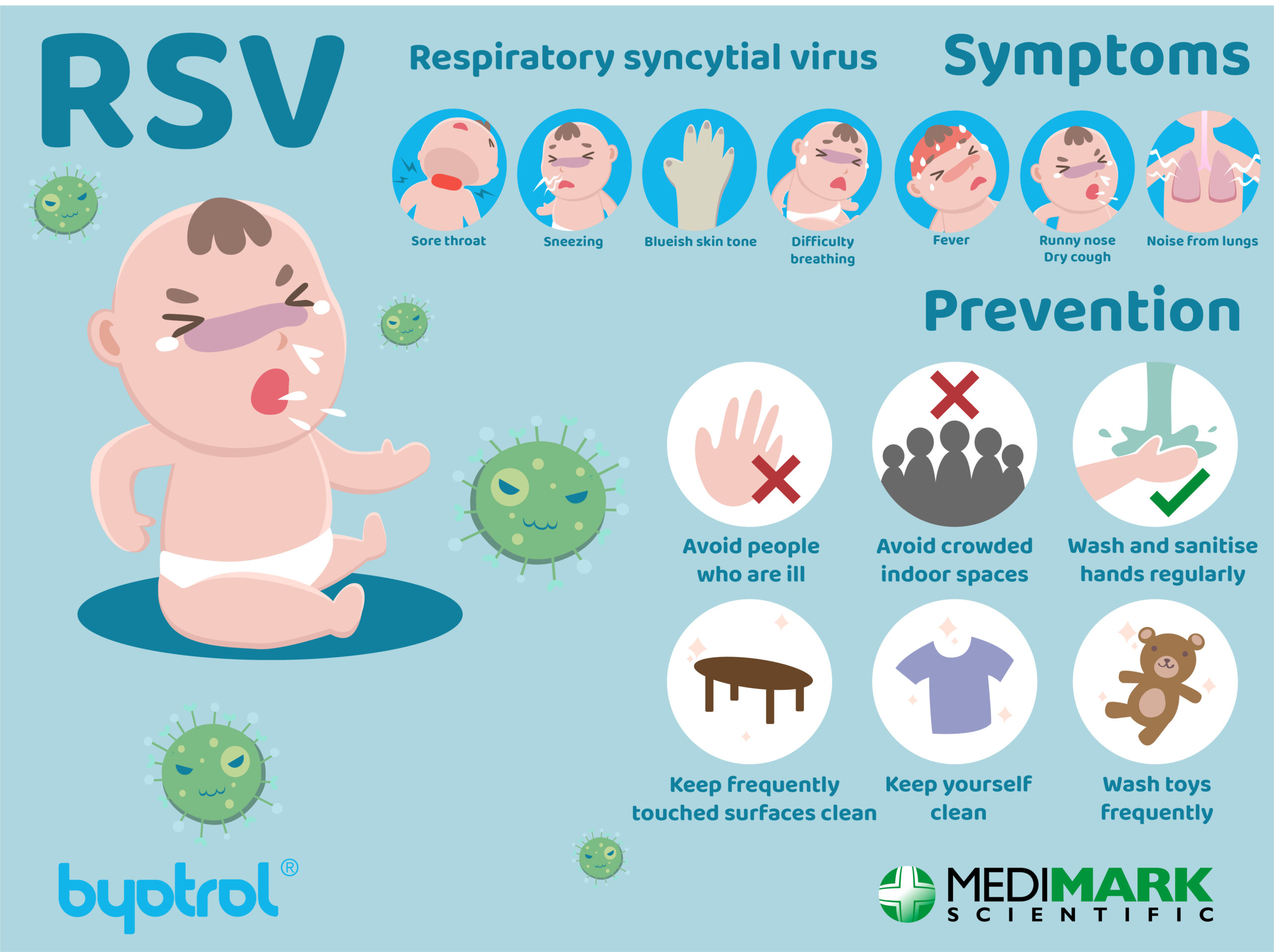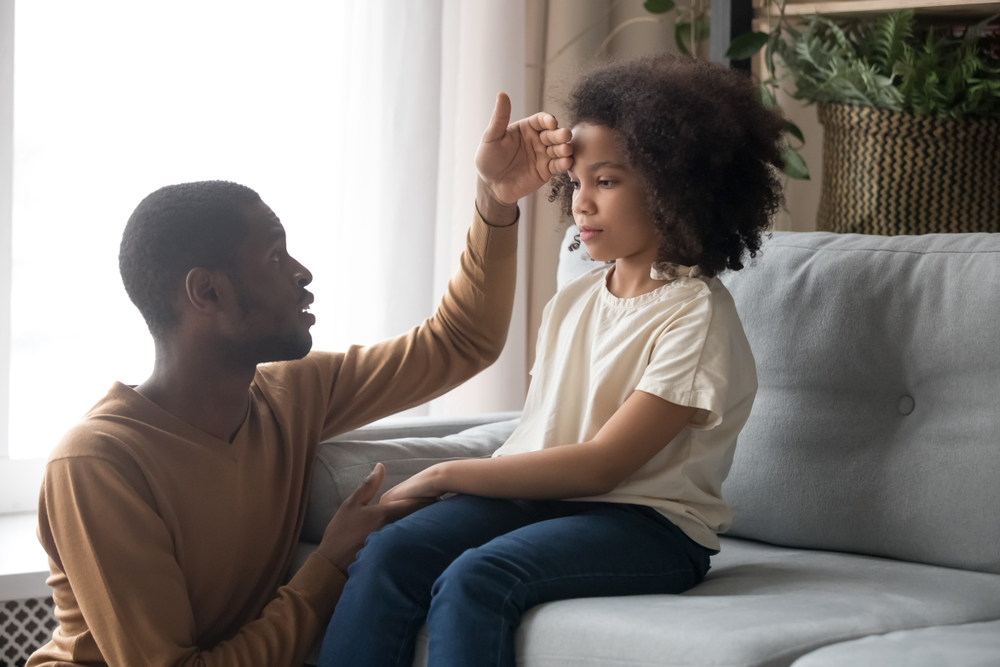What is RSV?
RSV is a very common enveloped respiratory virus that causes colds in the winter seasons. It is within the human parainfluenza family along with the measles virus and mumps virus.
Transmission of RSV
RSV is transmitted through the large droplet secretions of a symptomatic individual. This means that when a person coughs or sneezes they can spread the virus to people in close contact with them or transfer it to inanimate objects such as toys and surfaces. If another person then touches the contaminated surface and touches their face, they may become infected. Evidence suggests these RSV droplets can survive on surfaces for 4-7 hours.
Symptoms
3-5 days after exposure a person typically develops symptoms. These are often similar to a cold with rhinitis, a cough, and sometimes a fever. It is also a known cause of croup. While it gives most people a bad cold, RSV is the leading cause of bronchiolitis and pneumonia in children under a year old and sometimes can be fatal.
Why might it become an issue for the UK this winter?
During the pandemic and subsequent lockdowns, a huge emphasis has been placed on social distancing, respiratory hygiene, restricted geographical movement, and frequent surface and hand disinfection. This led to a dramatic decrease in RSV infections and A&E visits.
However, evidence from Australia suggests this may lead to a large surge in RSV cases for the northern hemisphere this winter. Australia and New Zealand have seen a 6-fold increase in RSV positive tests with an even higher case rate than pre-COVID. Moreover, they are currently seeing higher rates of out-of-season RSV with a shift to older patients. This suggests that we could have a larger and longer RSV season impacting a lot of very young children.
Paediatric Emergency Research in the UK and Ireland are setting up a study titled ‘BronchStart’ to assess the impact of the pandemic on RSV timing, age, and severity.
How can I protect myself and my family?
As previously mentioned, RSV is very common. Almost everyone is exposed to it within their lifetime, often before the age of two years of age. However, there are risks, so avoiding infection where possible is still important, particularly for the parents of young children. People should avoid others who are visibly unwell. The UK National Health Service also recommends using standard infection control techniques to reduce transmission. These include respiratory hygiene and frequent cleaning of surfaces. Hand disinfection is highly recommended using soap and water or hand sanitiser where this is not available. Children should use alcohol-free hand sanitiser such as INVIRTU to reduce the risk of accidental ingestion and contact dermatitis.


